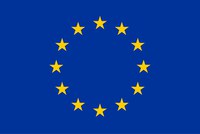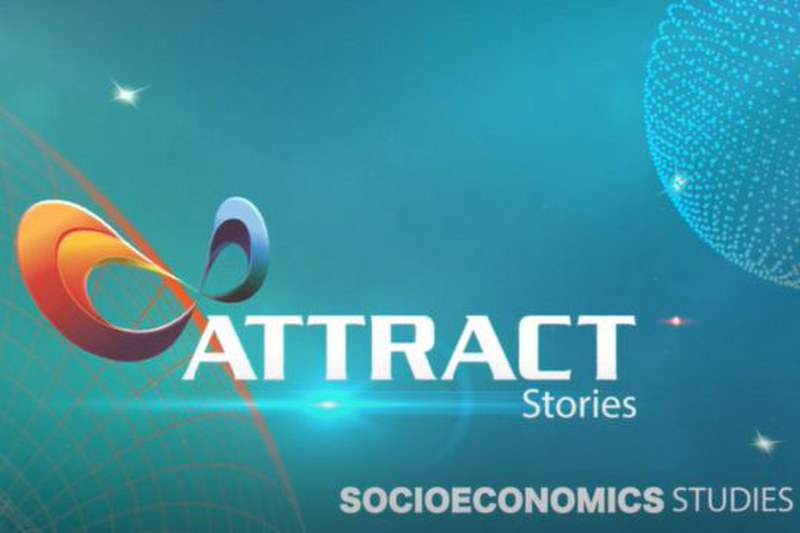ABC4E - ATTRACT Behavioral Change 4 ERI scientists
Horizon 2020

Funding program: This is part of ATTRACT that has received funding from the European Union's Horizon 2020 Research and Innovation Programme
Grant Agreement Number: 101004462
This experimental study wants to improve open innovation in ERI science-driven projects. To achieve this goal, we will design and test behavioral training that develops scientists' psychological flexibility, a key entrepreneurial skill, and empower knowledge exchange in open innovation processes.
In an open innovation context, scientists display different degrees of openness with different open innovation attitudes. Scientists' disposition to evaluate external knowledge and to share internal knowledge will affect how the results of their research will be open or closed, impacting programs’ performance such as ATTRACT. To adopt knowledge from the outside and share knowledge from the inside, knowledge boundaries need to be dismantled.
Open innovation literature studied negative attitudes such as the Not Invented Here (NIH) connected to knowledge absorption behavior and the Not Sold Here (NSH) connected to knowledge sharing behavior. Literature shows which construct (e.g. perspective taking) act as countermeasures to those attitudes at the individual level, to increase knowledge exchange behaviors, but does not provide practical tools and interventions that support individuals in modifying their behaviors on constructs such as perspective taking and recategorization. The latest inputs from management scholars identified, as countermeasures, specific elements that behavioral psychology connects to psychological flexibility.
Acceptance Commitment Therapy (ACT) works at the level of behaviors to improve individuals’ psychological flexibility. In this study, we experiment at the individual level to try to modify scientists’ behaviors with psychological training, integrating two different disciplines. We will test whether it is possible to train scientists to develop entrepreneurial skills by targeting their psychological flexibility and whether such training improves scientists’ open innovation performances. To do this, we will adapt ACT to ERI contexts for open innovation in science. ACT is already used not only in clinical environments but also in contexts of high performance as distress’ management in work and sports contexts.
The results of the study will consist of the definition of training for scientists that want to improve their open innovation competencies and their capabilities to transfer the results of basic research to society. The training will be a helpful tool for ERI managers as well since they will be able to assess the scientists in their organization who need support to develop open innovation competencies. Finally, policymakers will benefit from the study since they will be able to use the training tool as another tool or proxy to maximize funded projects’ success.
Unibo Team Leader: Clio Dosi
Unibo Team: Matteo Vignoli, Alessandro Grandi, Ettore Gorni
Other participants: University of Enna "Kore" (Italy)
The ATTRACT-Phase 2 initiative comprises 9 European entities:
• the European Organization for Nuclear Research - CERN (Switzerland)
• the European Molecular Biology Laboratory - EMBL (France)
• the European Synchrotron Radiation Facility - ESRF
• the European Southern Observatory - ESO
• the Fundación ESADE (Spain)
• the European X-Ray Free-Electron Laser Facility GmbH - European XFEL (Germany)
• the Institut Max von Laue-Paul Langevin -ILL (France)
• the Aalto University Foundation sr - AALTO (Finland)
• the European Industrial Research Management Association - EIRMA (Belgium)
Total Eu Contribution: 125,000€
Start Date: May 2022 - End Date: June 2025
Project web site: https://phase2.attract-eu.com/projects/abc4e/
ABC4E Training_June 2025
-
ABC4E project - training course 2025
[ .pdf 4.34 MB ]
ATTRACT stories: ABC4E project
Watch the video

This project has received funding from ATTRACT. A European Union’s Horizon 2020 research and innovation programme under grant agreement No. 101004462
